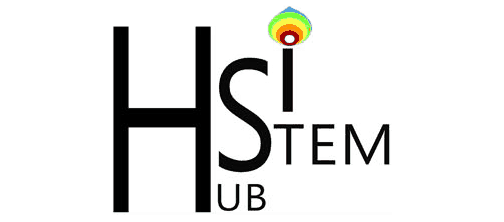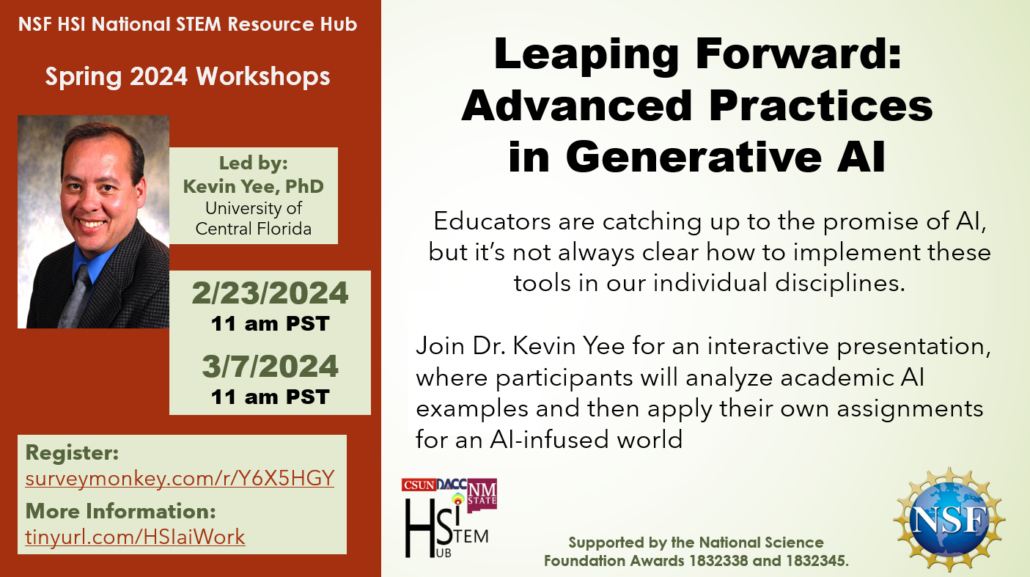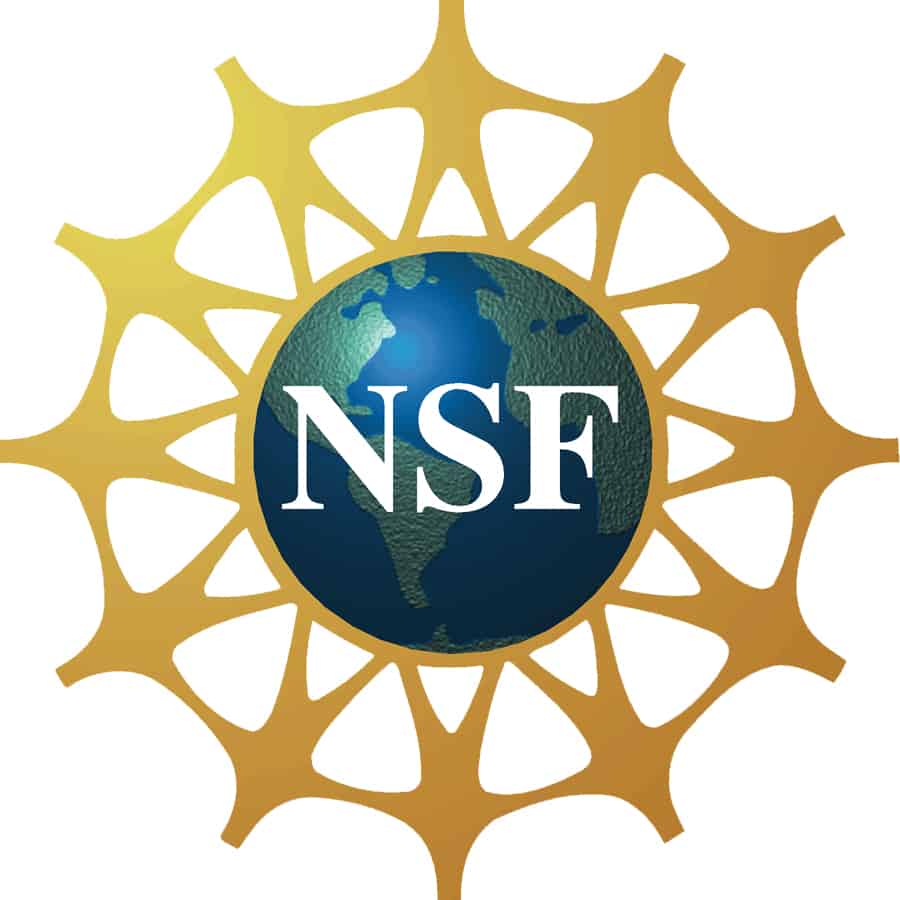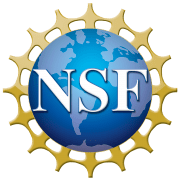Leaping Forward: Advanced Practices in Generative AI
Workshop Summary
Educators are catching up to the promise of AI, but it’s not always clear how to implement these tools in our individual disciplines. This workshop is for faculty who understand how to use AI but are seeking creative ideas for actual deployment in their classes. Participants will be able to preview dozens of examples before the workshop, then participate interactively during the workshop to adjust their own assignments for an AI-infused world. We’ll also tackle the thorny problem of teaching fundamentals even when the software can do everything. Finally, we will put AI to work making faculty life easier with writing syllabi, lesson plans, and other documents.
Learn about the whole workshop series here.
This workshop is a sequel workshop expanding upon material from the fall AI workshop. Having participated in that workshop is recommended but not necessary.
Goals of the Workshop
The goals of this workshop are:
- View many assignment examples that use generative AI
- Share current teaching AI practices among participants
- Teaching fundamentals in the AI era
- Additional ideas for using AI as a faculty member beyond teaching
Eligibility
Enrollment is free and is limited to 30 participants per workshop. It is hoped that the small workshop size will facilitate networking and promote collaboration across institutions by individuals who share common interests in research and education.
Participation priority is for current HSI faculty and staff who teach undergraduate STEM courses. Non-HSI faculty staff who teach undergraduate STEM courses are eligible to apply if they: 1) currently collaborate as PIs/co-PIs on a funded or pending NSF EHR/DUE grant that includes HSI faculty/staff as PI/co-PIs or 2) would like to network to find HSI partners for future collaborative projects in education or research. Admission priority is for faculty within the first 10 years of their first academic tenure-track appointment. Applicants should be aware that the selection decision is final and summary review are not provided.
Apply
Submit your application at this link.
Learning Objectives
Upon completion of this workshop, attendees will be able to:
- List several practical assignments that teach AI fluency
- List teaching practices employed by peers ot leverage AI
- Explain and employ methods of assessing discipline-based fundamental knowledge in the AI era
- Employ AI in the faculty lives beyond teaching
Materials to Review:
https://stars.library.ucf.edu/oer/8/
If you missed the introduction to AI workshop, or if you need a refresher, please review this AI webinar.
Workshop Details
Workshop Speakers

Dr. Kevin Yee, Director, Faculty Center for Teaching & Learning. University of Central Florida
Kevin Yee is the Director of UCF’s Faculty Center for Teaching & Learning. He’s been active in educational development since 2004. He has also previously held 9-month faculty positions at Duke University, Pomona College, the University of Iowa, and the University of California-Irvine.
He earned his Ph.D. in German Literature from UC Irvine in 1997, and has taught a wide assortment of German language and culture courses, as well as many courses in general humanities, film, and cultural studies, with a particular emphasis on popular culture.
In the classroom, Kevin believes the science of learning provides a crucial foundation for instructors, influencing everything from course design and assessment structure, to classroom management and lesson planning. He is an avid believer in interactive teaching, and has curated a popular list of interactive techniques since 1992. More recently, he’s been developing resources for faculty related to AI Fluency and how to use ChatGPT in the college classroom.
His research interests within pedagogy are wide, and have included student motivation, study skills, and various emerging technologies for teaching. He is currently co-editing a book of case studies on the intersection of VR and ethics in the college classroom.
Workshop Sponsors and External Links




